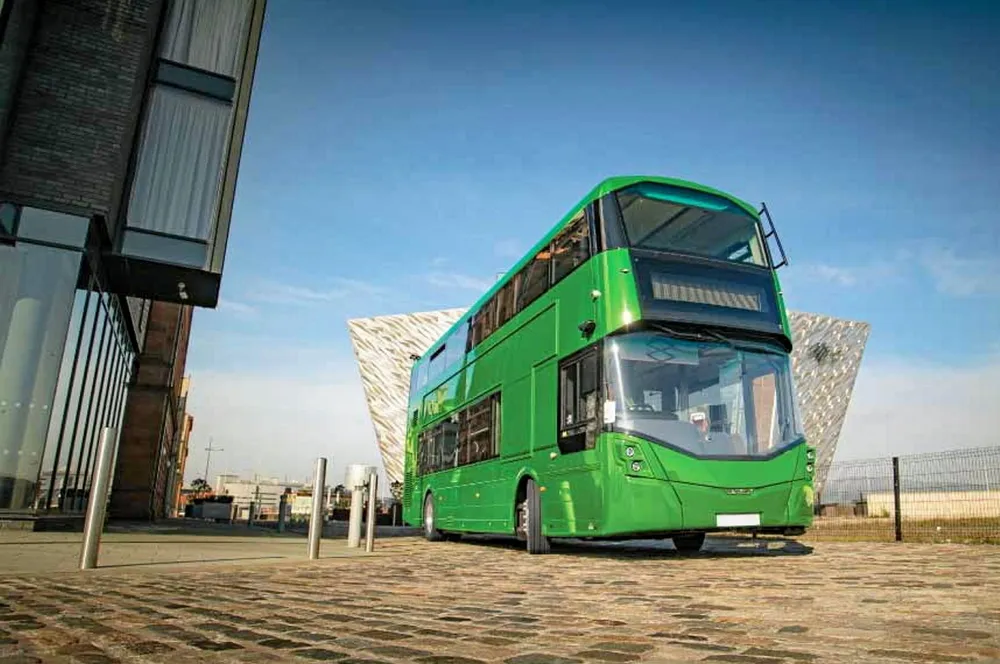€100,000s off FCEVs | Irish government opens subsidy programme for hydrogen-powered heavy-duty vehicles
Dublin will grant up to 60% of the cost difference between zero-emissions vehicles and diesel equivalents

Dublin will grant up to 60% of the cost difference between zero-emissions vehicles and diesel equivalents
